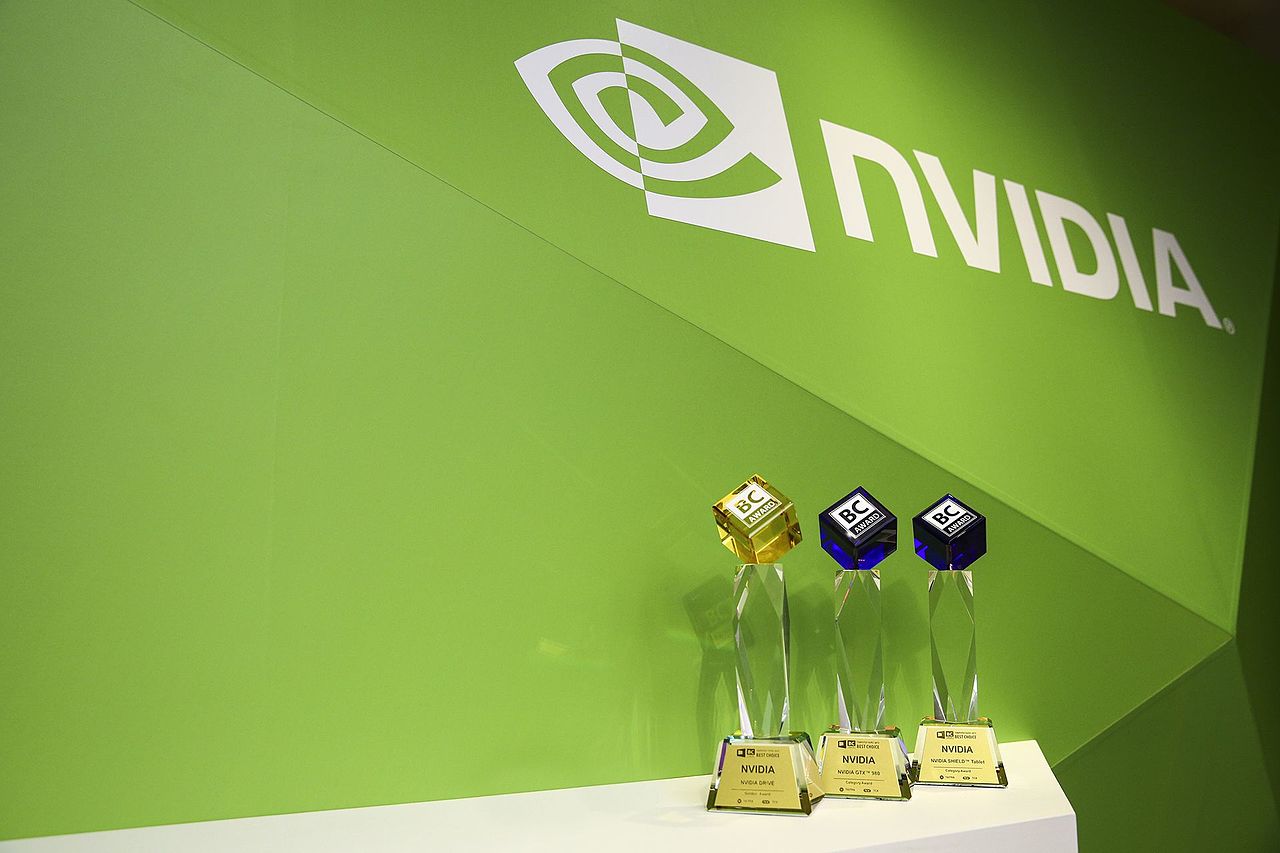Driverless cars require computer chips in order to function just as much as they need the right software. This is why companies like Nvidia are crucial in allowing for a truly autonomous future, because of their capability to mass produce such hardware. Just to show how serious it is in entering this space, the GPU giant just revealed its artificial intelligence computer designed to power driverless vehicles.
Nvidia is not the only company trying to get in on the autonomous driving action. Intel recently produced an ad featuring basketball superstar LeBron James riding a driverless vehicle. In the GPU maker’s case, its new weapon is the Drive PX Pegasus, which is specially created for providing driverless cars with high-grade computing power.
The new Pegasus AI computer is basically a way for Nvidia to pave the way towards Level 5 autonomous driving, Ars Technica reports. Reaching this goal will require quite a bit of computing power, and that’s why machine intelligence will be needed.
Technically speaking, the new AI chip is substantially more powerful than its predecessor, which was announced in 2015. It also accommodates 16 sensor inputs, which include Lidar, cameras, and radar. Since internet connection is going to be a huge requirement for driverless vehicles, the computer chip also comes with a 10GB of Ethernet connection.
This may seem all too theoretical, but Nvidia is actually working on applying the chip to taxi cabs and even delivery vans, TechCrunch reports. Once the dotted lines are signed, delivery of the new Pegasus is apparently set for late 2018.
In order to command a lead in the race towards full autonomous driving, the company will not only need to beat Intel but also Tesla and other major car manufacturers trying to do the same thing. With driverless vehicles set to be worth billions in the coming decades, Nvidia has plenty of incentives to try really hard.



 Nvidia, ByteDance, and the U.S.-China AI Chip Standoff Over H200 Exports
Nvidia, ByteDance, and the U.S.-China AI Chip Standoff Over H200 Exports  Nintendo Shares Slide After Earnings Miss Raises Switch 2 Margin Concerns
Nintendo Shares Slide After Earnings Miss Raises Switch 2 Margin Concerns  Nvidia Nears $20 Billion OpenAI Investment as AI Funding Race Intensifies
Nvidia Nears $20 Billion OpenAI Investment as AI Funding Race Intensifies  SpaceX Updates Starlink Privacy Policy to Allow AI Training as xAI Merger Talks and IPO Loom
SpaceX Updates Starlink Privacy Policy to Allow AI Training as xAI Merger Talks and IPO Loom  Google Cloud and Liberty Global Forge Strategic AI Partnership to Transform European Telecom Services
Google Cloud and Liberty Global Forge Strategic AI Partnership to Transform European Telecom Services  AMD Shares Slide Despite Earnings Beat as Cautious Revenue Outlook Weighs on Stock
AMD Shares Slide Despite Earnings Beat as Cautious Revenue Outlook Weighs on Stock  OpenAI Expands Enterprise AI Strategy With Major Hiring Push Ahead of New Business Offering
OpenAI Expands Enterprise AI Strategy With Major Hiring Push Ahead of New Business Offering  SpaceX Pushes for Early Stock Index Inclusion Ahead of Potential Record-Breaking IPO
SpaceX Pushes for Early Stock Index Inclusion Ahead of Potential Record-Breaking IPO  Nvidia Confirms Major OpenAI Investment Amid AI Funding Race
Nvidia Confirms Major OpenAI Investment Amid AI Funding Race  Anthropic Eyes $350 Billion Valuation as AI Funding and Share Sale Accelerate
Anthropic Eyes $350 Billion Valuation as AI Funding and Share Sale Accelerate  SpaceX Prioritizes Moon Mission Before Mars as Starship Development Accelerates
SpaceX Prioritizes Moon Mission Before Mars as Starship Development Accelerates  Tencent Shares Slide After WeChat Restricts YuanBao AI Promotional Links
Tencent Shares Slide After WeChat Restricts YuanBao AI Promotional Links  SoftBank and Intel Partner to Develop Next-Generation Memory Chips for AI Data Centers
SoftBank and Intel Partner to Develop Next-Generation Memory Chips for AI Data Centers  SoftBank Shares Slide After Arm Earnings Miss Fuels Tech Stock Sell-Off
SoftBank Shares Slide After Arm Earnings Miss Fuels Tech Stock Sell-Off  Elon Musk’s Empire: SpaceX, Tesla, and xAI Merger Talks Spark Investor Debate
Elon Musk’s Empire: SpaceX, Tesla, and xAI Merger Talks Spark Investor Debate  Baidu Approves $5 Billion Share Buyback and Plans First-Ever Dividend in 2026
Baidu Approves $5 Billion Share Buyback and Plans First-Ever Dividend in 2026 































